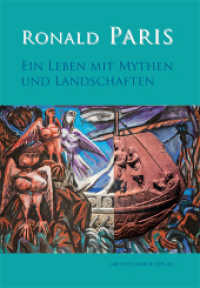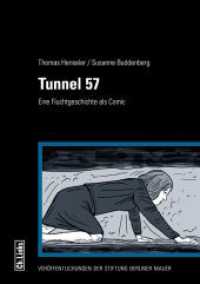Full Description
The ontological space contains the space of actual-potential dualities as the primary category of knowing, and the epistemological space contains the space of imagination-reality dualities as the derived category of knowing within the space of primary-derived dualities.






